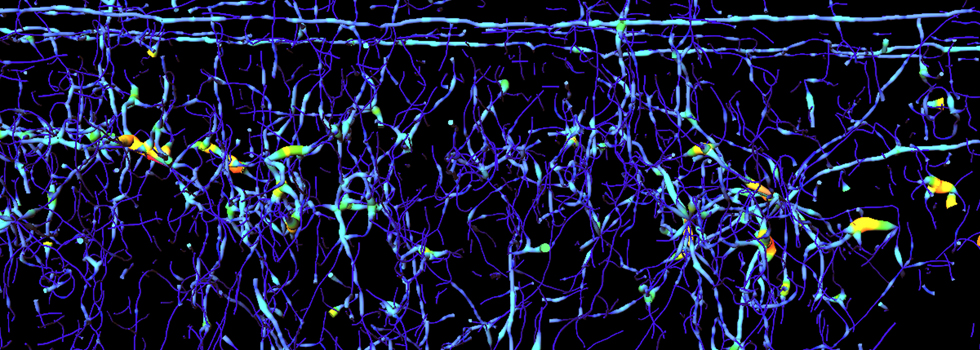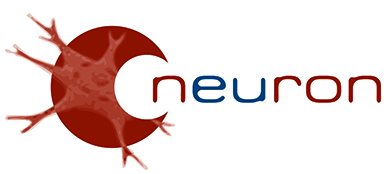Traumatic brain injury (TBI) is the leading cause of disability and death in Europe among young adults and children and an increasing problem in the elderly. With an incidence of 200-340/100.000 TBI accounts for at least one million hospital admissions/year and results in direct and indirect costs of more than 50 billion Euro/year. Hence TBI represents a major health and societal burden in Europe.
In the past decades tremendous clinical and pre-clinical efforts were undertaken to understand the acute, life threatening pathophysiological events occurring after severe TBI. The ultimate aim was to reduce the formation of brain edema, intracranial hypertension, cerebral ischemia, and secondary loss of brain tissue in order to save the patient‘s live. In the past few years, however, it became more widely recognized that not only severe TBI but also moderate and mild TBI may cause significant morbidity weeks, months or even years after the initial event thereby contributing to a large extent to the overall burden of head injury. These long-lasting sequels of TBI (chronic TBI) range from sleep disorders, fatigue syndrome, depression, neuro-endocrine deficits, epilepsy, and psychiatric disorders to chronic neurodegeneration leading to parkinsonism, cognitive decline or even dementia.
Chronic TBI therefore has a large negative impact on patients‘ quality of life, their ability to return to work, and their overall life expectancy. Little is known about the mechanisms of chronic TBI. Data from the few available human studies suggest that chronic TBI is associated with long-lasting neuroinflammation for up to 18 years after TBI. Whether, however, progressive chronic TBI is causally related to post-traumatic neuroinflammation remains to be evaluated in detail.
The aim of the newly funded CnsAflame consortium is to investigate how neuroinflammation is linked to the symptoms of chronic TBI. Highly recognized research teams from Sweden (Niklas Marklund), France (Jerome Badaut), Israel (Esther Shohami), and Germany (Anna-Leena Siren, Christoph Kleinschnitz) will tackle this topic together using state-of-the-art experimental and clinical research tools.
Coordinators of the consortium:
Prof. Nikolaus Plesnila: Diese E-Mail-Adresse ist vor Spambots geschützt! Zur Anzeige muss JavaScript eingeschaltet sein!
Dr. Ali Ertürk: Diese E-Mail-Adresse ist vor Spambots geschützt! Zur Anzeige muss JavaScript eingeschaltet sein!

